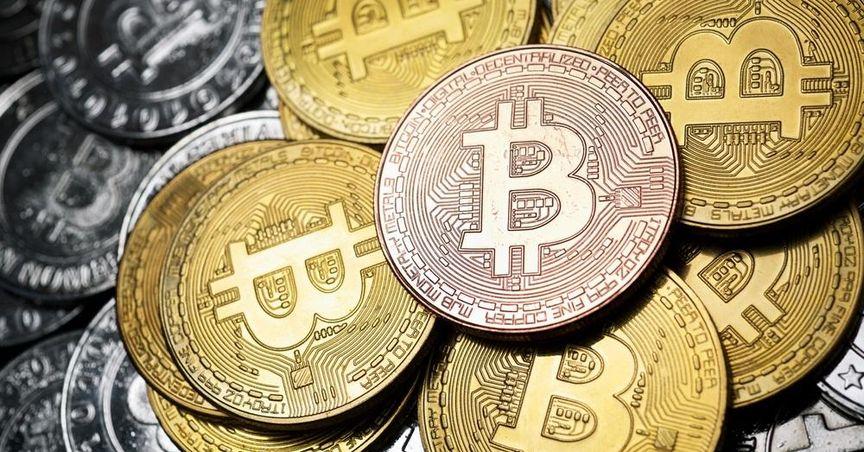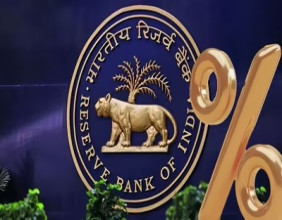Highlights
- South Korea sees a significant surge in cryptocurrency trading volumes.
- Senior citizens show increasing interest in crypto assets.
- Decline in traditional banking deposits fuels crypto investments.
South Korea’s cryptocurrency market is witnessing remarkable growth, with senior citizens emerging as a key demographic driving the trend. Recent reports reveal that cryptocurrency trading volumes on the country’s top exchanges have surged, reflecting a growing shift in financial preferences amid changing economic conditions.
The monthly trading volume of stablecoins on South Korea’s five leading centralized exchanges—Upbit, Bithumb, Coinone, Korbit, and GOPAX—has reached 16.17 trillion Won in November 2024. This marks a sevenfold increase compared to the start of the year when volumes stood at 2 trillion Won. Stablecoin trading surpassed 10 trillion Won for the first time, with popular tokens such as Tether (USDT) and USD Coin (USDC) driving activity. The 24-hour trading volume across South Korea’s virtual asset market recently stood at 23 trillion Won, accounting for 9.05% of global trading volume, estimated at 262 trillion Won.
Market observers suggest that South Korean investors are increasingly transferring assets overseas, potentially seeking more favorable regulatory or financial conditions. The surge in stablecoin trading reflects this trend, as investors look for alternative ways to diversify and manage their portfolios.
Senior Citizens Embrace Cryptocurrency
A particularly notable trend is the growing participation of South Korea’s senior citizens in the cryptocurrency space. On major platforms like Upbit and Bithumb, individuals aged 60 and above now hold 775,700 accounts, a substantial rise of over 30% since the end of 2021. Collectively, this demographic manages crypto investments worth 6.76 trillion Won, averaging 8.72 million Won per person.
The increasing involvement of older investors in cryptocurrency markets can be attributed to declining returns from traditional banking products. The balance of demand deposits across South Korea’s top banks has dropped to 592.67 trillion Won, the lowest since January 2024. This decline is coupled with expectations of interest rate cuts, prompting a shift away from conventional banking and towards assets perceived as more dynamic, such as cryptocurrencies.
The evolving landscape reflects South Korea’s broader financial transformation. With stablecoins and other cryptocurrencies gaining traction, the market dynamics point towards a future where digital assets may play a pivotal role in the country’s economy.



